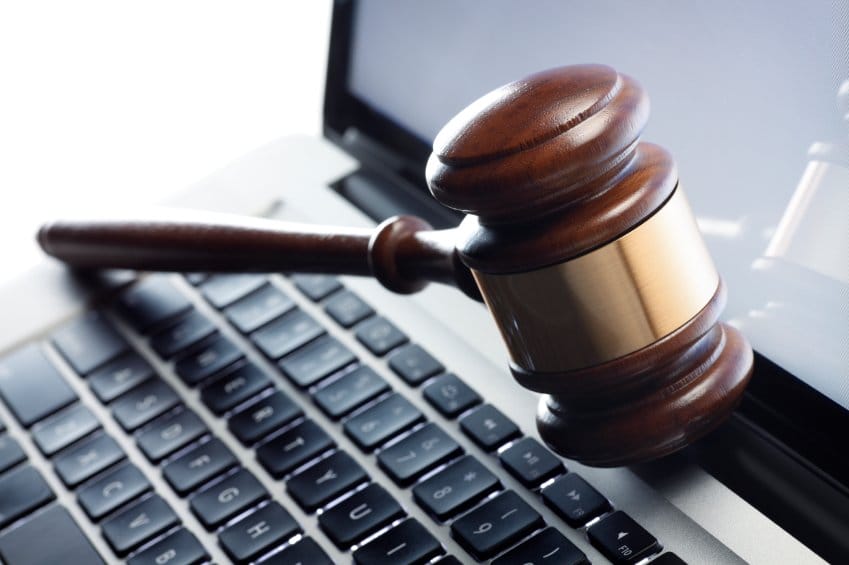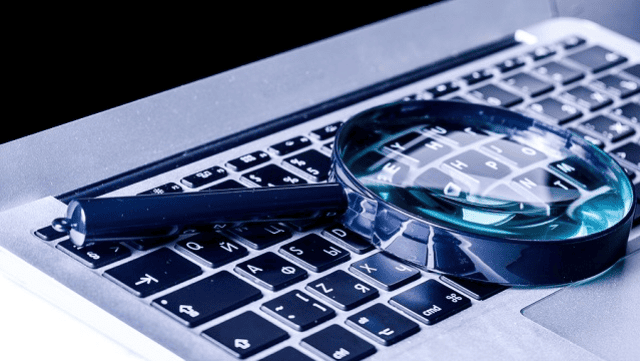The following guide covers five reasons Why Lawyers Should Use Digital Forensics.
Digital forensics, a branch of forensic science encompassing the recovery and investigation of material found in digital devices, is rapidly becoming essential for legal professionals.
Whether it’s mobile forensics or computer forensics, there are several reasons why lawyers should leverage this technology in their practice. This article will explore five key reasons.

Reasons Why Lawyers Should Use Digital Forensics
Reason 1: Gathering Evidence
In today’s digital age, evidence isn’t just found in physical locations. Digital evidence from emails, texts, social media, and more can be crucial in many cases.
Digital forensics allows lawyers to find, collect, and analyze this data, providing them with more evidence to support their case.
Reason 2: Authenticating Evidence
The authenticity of evidence is paramount in any legal proceeding. Digital forensics provides the tools to validate digital evidence, ensuring its reliability.
Detail on Authenticating Evidence
For instance, metadata embedded in digital files can reveal when and where a document was created or modified.
This can help to authenticate evidence or, conversely, reveal if a document has been tampered with or falsified.
Reason 3: Protecting Client Information
Lawyers handle sensitive client information that requires the utmost protection. Digital forensics can help safeguard this data.
Forensic tools can uncover security vulnerabilities, track unauthorized access, and recover lost or deleted data, ensuring client information remains confidential and secure.
Reason 4: Enhancing Productivity and Efficiency
Digital forensics can streamline the process of finding and organizing digital evidence, which can save lawyers a lot of time.
Automated tools can sift through vast amounts of data quickly and accurately, allowing lawyers to focus on building their cases rather than getting bogged down in data analysis.
Reason 5: Ensuring Compliance with Laws and Regulations
Lawyers are subject to various laws and regulations regarding data handling.
Digital forensics can help lawyers comply with these regulations by providing detailed logs of data access and modifications, ensuring transparency and accountability.

The Future of Law and Digital Forensics
As technology continues to evolve, so will the role of digital forensics in law.
From AI-powered forensic tools to advancements in cybersecurity, the intersection of law and technology promises to reshape the legal landscape.
Digital forensics is a game-changer in the field of law. It’s not just about the present; it’s about the future.
The sooner lawyers embrace this technology, the sooner they can reap the benefits. Remember, in the digital age, staying ahead of the curve is not just an advantage – it’s a necessity.

Why Lawyers Should Use Digital Forensics – Final Thoughts
Digital forensics offers numerous benefits for lawyers, from gathering and authenticating evidence to enhancing efficiency and ensuring compliance with laws.
As digital data becomes increasingly prevalent, the importance of digital forensics in law will only grow.
Contact Powerhouse Forensics
We are a digital forensics company based in Houston, Texas that specializes in all areas of digital forensics.
We work with lawyers, Fortune 500 companies, small businesses, and individuals to help solve cyber crimes.
Frequently Asked Questions
1. What is digital forensics?
Digital forensics is a branch of forensic science that involves the recovery and investigation of material found in digital devices.
2. How can digital forensics help lawyers?
Digital forensics can help lawyers gather and authenticate evidence, protect client information, enhance productivity, and ensure compliance with laws.
3. Is digital forensics reliable?
Yes, digital forensics is a reliable method of collecting and analyzing data. It provides detailed logs and metadata that can be used to authenticate evidence.
4. How does digital forensics improve efficiency in law?
Digital forensics can sift through large amounts of data quickly and accurately, allowing lawyers to focus on building their cases. This can save a significant amount of time and effort.
5. What is the future of digital forensics in law?
As technology continues to evolve, digital forensics will likely play an increasingly important role in law. Developments in areas like AI could lead to even more powerful forensic tools.